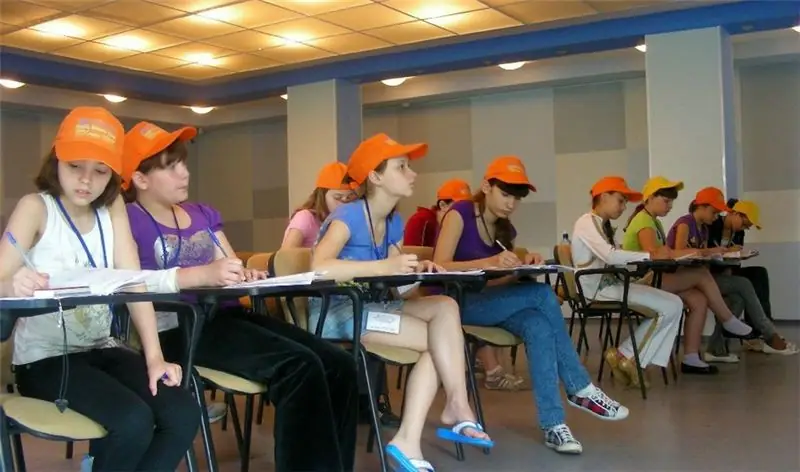
Tula is one of the most economically developed cities in Russia. Close attention is paid to the development of tourism. The city has great opportunities for organizing educational and recreational recreation. Children's camps in Tula are represented by a variety of daycare centers, health, language and sports camps.
Tourism development in Tula
The tourist brands of the capital of the Tula region are Tula gingerbread, Tula weapons and a Tula samovar. There are 9 well-known settlements in this area, which have been classified as historical. These include Belev, Aleksin, Plavsk, Odoev, Chekalin, Tula, etc. Near Tula, there are rest houses, sanatoriums, boarding houses, recreation centers and children's health camps. Sanatorium Association "Tulakurort" includes 5 famous health resorts. Tula resorts annually receive 20 thousand people. The Krainkaula sanatorium and the Velegozh tourist complex are well-known throughout Russia.
Tula is a hero city with many interesting monuments and sights. The city occupies the northern part of the Central Russian Upland. Tula is located 170 km south of Moscow, on the banks of the picturesque Upa River. While resting in children's camps, schoolchildren attend excursions, expanding their horizons. Tula is an ancient city with a long history. It was first mentioned in the Nikon Chronicle, which dates back to 1146. The city's cultural heritage is of great historical value. More than 300 unique objects are located on the territory of the capital of the Tula region. Among them there are monuments of urban planning, architecture, archeology and history. Tula became famous in three main directions, the roots of which go back centuries: gingerbread, samovar and weapons.
Popular type of children's recreation
Children's camps in Tula provide an opportunity to get acquainted with the history of this region. Camps become especially popular in the summer. During the holidays, schoolchildren have a rest, play and have fun. They restore health and gain new strength before the school year. Much attention is paid to the organization of children's recreation in the Tula region. The camps perform an important function of educating and improving the younger generation. In the city, health summer day camps work annually. They invite mainly children of primary school age. The main goal of the camp program is to create favorable conditions for high-quality children's recreation, strengthening the health of schoolchildren and their all-round development.






